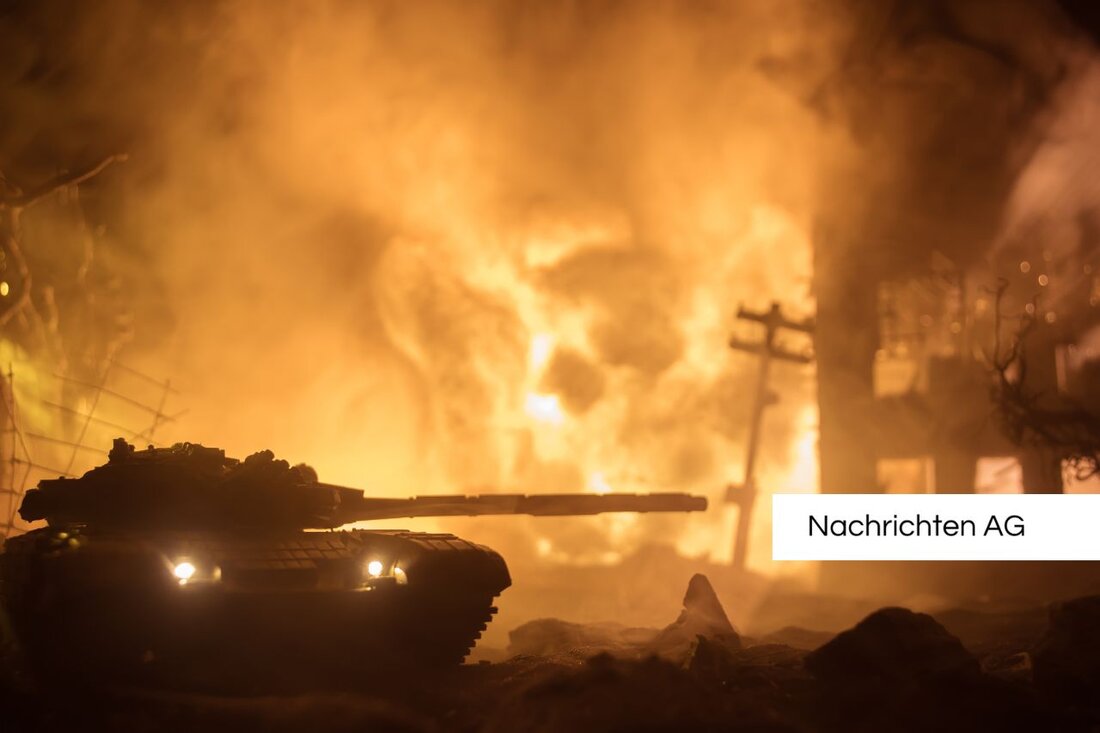Austria's neutrality remains - SPÖ does not give in to Moscow's threats!
SPÖ criticizes Medvedev's threats against Austria; Laimer emphasizes unwavering neutrality and support for international institutions.

Austria's neutrality remains - SPÖ does not give in to Moscow's threats!
On August 29, 2025, SPÖ defense spokesman Robert Laimer called the recent threats from Dmitri Medvedev, the former president of Russia, unacceptable in a statement. These threats are directed against Austria and concern the country's continued neutrality. Laimer vehemently emphasized that Austria would not allow itself to be intimidated by Moscow and that joining NATO was not worth discussing. He argued that Austria's neutrality was an internal matter that concerned no one but its citizens. Austria should remain a place of encounter and not of repression, said Laimer.
Dmitri Medvedev had previously indicated in his statements that a renunciation of Austria's neutrality could have military consequences. Medvedev warned that the Austrian army could be “included in the operational plans of the Russian armed forces” if the country decides to join NATO. In his view, such a move would constitute a “violation of international treaties” that required the consents of all four World War II allies, including Russia. According to Medvedev, many European countries are “intoxicated with militaristic zeal,” which is further fueling the discussion about neutrality.
The dimensions of neutrality
Austrian neutrality has developed over the years in various dimensions described by Martin Senn. First, there is the dimension of **interpretation**, which means that discussions about neutrality policy take place domestically, especially when changes to the framework conditions are pending. In the dimension of **attractiveness**, Austria tries to secure its neutrality through measures to mediate conflicts and host international organizations. The third dimension, **Deterrence**, communicates that the costs of violating neutrality for potential aggressors are disproportionate to the possible benefits.
Martin Senn identifies four phases in the development of Austrian neutrality. The first phase, which began with consolidation in 1955, led to the creation of a neutrality law, which is the basis for permanent neutrality. In the subsequent phase of expansion in the 1970s and 1980s, neutrality was interpreted more globally. The reorientation after the East-West conflict led to closer integration into the EU and reduced neutrality to its military core. These changes became visible when the 1990-91 Gulf War was viewed as a “police operation,” making neutrality subordinate to UN decisions.
Current political debates
In recent years, the de-politicization of neutrality has increased, as Senn notes. There were hardly any debates or developments in foreign policy. Nevertheless, support for neutrality has increased, especially after NATO interventions and the attacks of September 11, 2001. Neutrality is discussed in various places, such as in the basic programs of the Greens, FPÖ, SPÖ and the ÖVP, although the ÖVP focuses more on a defense union and a European army. The NEOS even advocate the institutionalization of a European army.
The current political landscape shows that active neutrality policy is seen as a contribution to peace and security in Europe and worldwide. This is also clear in the most recent relevant policy documents, such as the 2013 security strategy. These emphasize the connection between the security of neutral Austria and the EU.
Overall, despite external threats and domestic political discussions, Austrian neutrality is on the agenda and remains a central part of the country's identity. The responses to the challenges posed by foreign policy statements such as Medvedev's will show the extent to which Austria is prepared to defend its neutrality.
OTS reports that Laimer called the threats unacceptable.
In his statements, Medvedev threatens that Austrian neutrality could have military consequences the standard explained.
Also clarified parliament.gv.at the dimensions and development of Austrian neutrality.

 Suche
Suche
